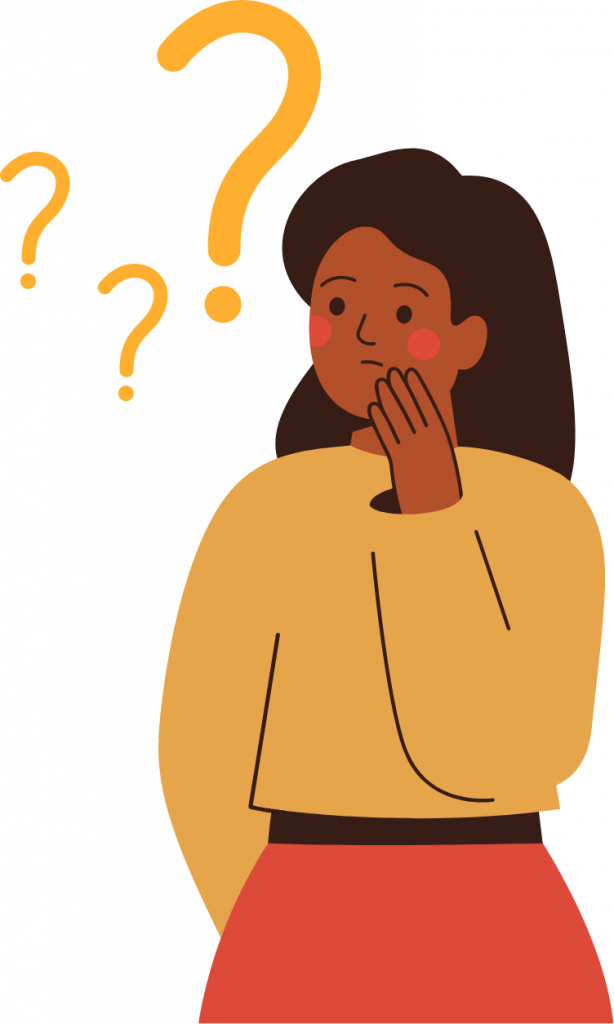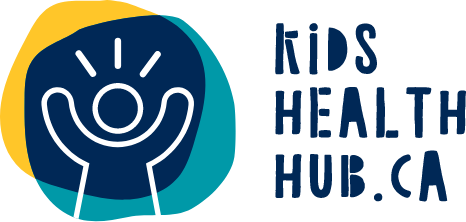

Resiliency
Sometimes, life is challenging. It has twists which can be difficult to cope with. Everyone reacts and copes with these changes differently. People’s ability to adapt and rise after the event is resilience. But what is resilience, anyway? Why is it important?
What Is Resilience?
Resilience is a person’s ability to cope or adapt well when something difficult occurs. It’s the person’s ability to bounce back. This does not mean the person is not impacted or hurt by the event. It also does not mean the problem does not just go away or not be a problem. The person copes with the challenge.
Building resilience often occurs because of emotional distress and facing adversity. It allows a person to look beyond the event. The person can still see the joy in life instead of dwelling on the problem.
Why Is It Important?
Resilience is an important skill in dealing with challenging events in one’s life. Studies have shown adverse childhood experiences (ACEs), which are negative events in a child’s life, can impact a person’s health long-term. ACEs include child abuse, witnessed abuse, absent parent, or living with a person with substance abuse. Health risks increase with the more ACEs a person experiences in their childhood.
To learn more about ACEs, check out this TEDtalk
While this might sound hopeless and frightening, research has shown there are two things that can help a person deal with the events and offset the negative consequences.
- Resilience
- One healthy and supportive relationship with an adult in the child/youth’s life
How Do You Build Resilience?
- Reach out and build connections with others.
- Focus on healthy relationships. For more information on healthy relationships, click here.
- Find like-minded people by joining a group, trying new hobbies, or other local organizations.
- Foster wellness
- Choose healthy coping skills
- Take care of all your dimensions of health. For more information, click here
- Practice relaxation techniques. For ideas, click here for the wellness sessions
- Set goals
- Work on self-discovery
- Find out who you are!
- Practice gratitude
- This does not mean ignoring the challenging things in your life. It is maintaining a hopeful outlook and looking at the lessons learned from the challenging events.
- Remember change is a part of life
- Seek help if you need it
- It is okay not to be okay, but if things get too heavy, seek help. For more information on mental health concerns and when to seek help, click here for more information.
The brilliant thing about all of these is that these are things you can help children and youth do. You can help support them in building these skills. This is something which can be done at school, at home, on vacation, at extracurricular activities, anywhere!
Further Resources
If you would like to speak to someone about mental health issues, the Alberta Health Services Mental Health Help Line is available 24/7, offering information and referrals on any aspect of mental health.
Call toll-free: 1-877-303-2642
Trending Topics
Depression
Depression What Is It? Depression is a mood disorder which means it impacts how a person is feeling. It can cause a person to feel
Accidental Overdose
Accidental Overdose What Is it? An overdose is what happens to someone’s body when they take too much of a substance or too many substances.
Online Relationships
Online Relationships Online can be fun! There are games, music, and videos. We can talk to friends and family online. Tips for Being Safe Online:
Online Relationships
Online Relationships Online can be fun! There are games, music, and videos. We can talk to friends and family online. Tips for Being Safe Online:

